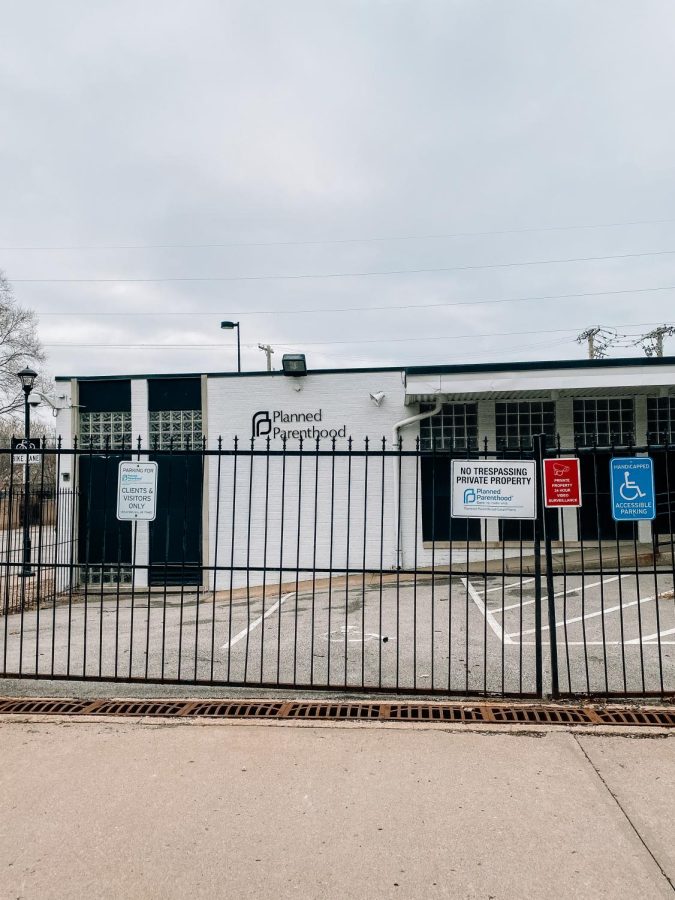Opinion: America is Failing Its Mothers
The Story of Lindsay Clancy Sparked a Long-Needed Conversation About Postpartum Care in America
Planned Parenthood offers a variety of services and helps people learn about their reproductive health.
February 20, 2023
It took three children’s deaths to bring national attention to postpartum care in America.
On Jan. 24, Lindsay Clancy killed all three of her children and then attempted to end her life. Clancy survived the fall from a second-story window but is now permanently paralyzed from the waist down.
The Massachusetts mother, 32, had her third child eight months ago and allegedly had been experiencing symptoms of postpartum psychosis.
According to Clancy’s lawyer, the young mother, who worked as a labor and delivery nurse, had been attempting to seek out help for postpartum depression. She was prescribed 13 different psychiatric medications consisting of antidepressants and mood stabilizers. Not even three weeks before the crime occurred, she completed a five-day inpatient stay at hospital for her depression.
While many of the details of this case are not confirmed yet due to how recently it occurred, a conversation has been started about the level of postpartum care.
Clancy has received an outpouring of support from her family and friends but also from mothers across the country who argue that postpartum care is lacking and not accessible to most.
Chelsie Duckworth, the senior program coordinator at UMKC’s Women’s Center, worked as a postpartum doula for eight years before coming to UMKC and still teaches classes as a certified new parent educator.
“You care for the family as a whole unit. We aren’t there just for the baby; we are there for the pregnant person and the partner,” Duckworth said. “We do chores around the house; we make sure feeding is going well and that everyone is getting enough sleep.”
As a postpartum doula, she didn’t often see cases of postpartum depression because many of the people she served already had preventive measures in place such as a postpartum plan, access to mental health professionals and quality medical care.
Comprehensive postpartum care is not always available in hospitals.
“You go through so many prenatal appointments. You go once a month up until a certain point, then you go every week until a certain point,” Duckworth said. “You get one postpartum appointment.”
Due to this lack of care, the research about perinatal mood and anxiety disorders (PMADs) is limited. The CDC says that about 1 in 10 women will report symptoms of postpartum depression in America.
Postpartum Support International says that 21% of women will experience some level of depression after birth. If someone is low-income, that number jumps up 60%. These rates are likely higher due to the fear of the consequences of reporting symptoms to a medical professional.
“Women just feel like they should be able to handle it. We have these messages that childbirth comes naturally or that you’re born to do this,” Duckworth said. “Those messages are really pervasive, and when you are experiencing symptoms or it’s hard, it feels like failing.”
While a nationwide change in how we treat people who give birth, both medically and socially, would be ideal, it won’t happen overnight.
Education and awareness about postpartum disorders and care would cause major shifts in the way PMADs are approached. Having postpartum plans and resources available would lower the rate in which these disorders appear.
“It’s helpful to think proactively about these situations and about who you are going to call, if anything does happen,” Duckworth said. “We just need more care.”
alwnmg@umsystem.edu








